Can Vitamins Treat ADHD and ASD?

In today’s fast-paced, stressful world, mental health challenges are on the rise. While conventional treatments like therapy and medication can be helpful, many people are seeking natural ways to support their brain health and emotional well-being. One promising approach that’s gaining traction is micronutrient therapy – the use of carefully formulated supplements to provide the brain with the essential vitamins, minerals, and other nutrients it needs to function at its best.
At the forefront of this movement is Hardy Nutritionals, a company dedicated to creating science-based micronutrient formulas for mental health. Their flagship product, Daily Essential Nutrients, has been the subject of over 40 research studies showing impressive results for a wide range of brain-related conditions, from ADHD and anxiety to depression and bipolar disorder.
So what makes Daily Essential Nutrients so effective? How is it different from typical multivitamins? And what does the latest research say about the role of micronutrients in mental health? In this comprehensive guide, we’ll dive into the science behind Hardy Nutritionals’ cutting-edge formulas and explore how they can help you optimize your brain health naturally.
The Micronutrient-Mental Health Connection Our brains are complex, energy-intensive organs that require a constant supply of nutrients to operate properly. While we often think of food as fuel for the body, it’s really information – a set of instructions that tells our cells which genes to express, which neurotransmitters to produce, and which brain regions to strengthen or prune.
Just like a tree needs sunlight, water, and fertile soil to grow, our brains need certain raw materials to develop and function optimally. These include:
- Vitamins (A, C, D, E, K, B-complex)
- Minerals (calcium, magnesium, zinc, iron, selenium, iodine, etc.)
- Amino acids (tryptophan, tyrosine, lysine, etc.)
- Fatty acids (omega-3s like EPA and DHA)
- Phytonutrients (flavonoids, carotenoids, polyphenols)
These micronutrients act as essential cofactors for the enzymes that drive our cellular machinery. They’re involved in everything from neurotransmitter production and nerve cell communication to energy generation and DNA expression. They provide antioxidant protection, build neural membranes, regulate brain plasticity, and much more.
When we don’t get enough of these vital nutrients, brain function can suffer. A large body of research has linked single-nutrient deficiencies to increased risk for psychiatric disorders. For example:
- Low levels of zinc, magnesium, iron, and chromium have been found in people with depression (1)
- Omega-3 deficiencies are common in those with ADHD, bipolar, and schizophrenia (2)
- Folate, B12, and choline deficits are tied to cognitive decline and dementia (3)
- Vitamin D insufficiency affects up to 77% of people with anxiety disorders (4)
However, supplementing with individual nutrients to correct these deficiencies often yields mixed results. That’s because nutrients don’t work in isolation – they operate synergistically, in complex networks that depend on multiple co-factors. Flooding the body with high doses of single compounds can actually create imbalances by competing with other nutrients for absorption.
The Power of Broad-Spectrum Formulas
That’s where broad-spectrum micronutrient formulas like Daily Essential Nutrients come in. Instead of targeting one pathway with a silver bullet, these supplements aim to nourish the whole brain with a balanced array of nutrients in research-backed doses.
By providing the full complement of raw materials the brain needs, broad-spectrum formulas support healthy functioning across all mental health domains – mood, anxiety, stress, focus, memory, clarity, stability, and resilience. They give the brain the building blocks to regulate itself effectively.
Studies show that this comprehensive approach can help:
- Reduce symptoms of ADHD, anxiety, depression, bipolar, PTSD, and OCD (5, 6, 7, 8, 9)
- Improve stress resilience, emotional control, and quality of life (10, 11)
- Enhance cognitive function, attention, and memory in all ages (12, 13)
- Alleviate aggression and behavioral challenges in at-risk youth (14)
- Increase stress resilience and mood stability in healthy populations (15)
What’s more, these nutrient formulas are safe, well-tolerated, and have no serious side effects, unlike many psychiatric drugs. In several studies, taking broad-spectrum supplements allowed people to reduce or completely eliminate their medications (16, 17).
While individual responses can vary, many people start noticing positive changes within a few weeks of starting micronutrients – and benefits keep building with continued use. For those with more complex issues, micronutrients provide a solid foundation for other mental health interventions to work better.
The Hardy Nutritionals Difference Hardy Nutritionals has been a leader in the field of targeted nutrition for mental health for over 20 years. Founded by David Hardy, who formulated the company’s original product line for his late wife’s treatment-resistant bipolar disorder, Hardy Nutritionals is committed to creating products grounded in solid science and driven by measurable results.
Their flagship formula, Daily Essential Nutrients, has been rigorously researched in over 40 published studies (20 of them double-blind, placebo-controlled) – more than any other broad-spectrum supplement on the market. It contains 40+ potent brain nutrients, precision-dosed and processed for maximum efficacy:
- Highly bioavailable vitamin and mineral cofactors for neurotransmitter production, energy metabolism, antioxidant defenses, neuroplasticity, and cell signaling
- Full-spectrum amino acids in the same balanced ratios found in human breast milk, proven to support brain development and resilience
- Powerful anti-inflammatory botanicals like ginkgo, green tea, and turmeric to enhance circulation and protect against neural damage
- Proprietary NutraTek™ mineral delivery system that binds minerals to organic peptides, ensuring slow, stable release and maximum absorption
This advanced formulation technology sets Daily Essential Nutrients apart from typical multivitamins you might find on store shelves, which often use cheap, poorly absorbed forms. By contrast, NutraTek minerals have far higher bioavailability than standard supplements.
In a series of case studies, patients with longstanding mental health challenges experienced dramatic turnarounds after switching to Daily Essential Nutrients. Many were able to reduce or eliminate their psychiatric drugs, with continued stability (18).
But Daily Essential Nutrients isn’t just for those with diagnosed disorders – it can support mental wellness in virtually everyone. In studies of healthy populations, Daily Essential Nutrients has been shown to (19, 20, 21):
- Improve mood stability and stress resilience
- Enhance cognitive performance and mental energy
- Reduce anxiety, irritability, and emotional reactivity
- Increase overall well-being and quality of life
Getting Started with Micronutrients If you’re interested in trying Daily Essential Nutrients for yourself or a loved one, the simplest way is to visit Hardy Nutritionals’ website (www.hardynutritionals.com) and place an order. The standard adult dose is 12 capsules per day, divided into three doses of 4 caps each, taken with meals. For sensitive individuals, starting at a lower dose and working up gradually can help minimize any temporary side effects like stomach upset or headaches.
While some people notice positive changes in the first week or two, it’s important to stick with Daily Essential Nutrients for at least 8-12 weeks to experience the full benefits, as it takes time to replenish nutrient levels throughout the body. Many people continue to see improvements for several months to a year.
Hardy Nutritionals also offers Optimal Balance, a half-strength version of Daily Essential Nutrients for general wellness, as well as specialized formulas like Greens & Probiotics and Olive Leaf Extract for targeted support. Their products are independently tested for purity and potency, free of common allergens, non-GMO, and backed by a money-back guarantee.
As with any supplement, it’s a good idea to consult with a healthcare practitioner before starting Daily Essential Nutrients, especially if you have pre-existing medical conditions or are taking prescription drugs. Hardy Nutritionals maintains a directory of functional medicine and integrative psychiatry providers who can guide you in tailoring a personalized supplement protocol.
If you’re currently taking psychiatric medications, work with your prescriber to carefully monitor your symptoms and adjust dosages as needed when beginning micronutrients. Many people find that they’re able to safely taper down on drugs as their brain chemistry rebalances. However, never discontinue meds abruptly without professional supervision.
The Micronutrient Revolution While there’s no one-size-fits-all solution for mental health, the emerging field of nutritional psychiatry offers a safe, evidence-based approach that can complement or even replace conventional treatments for many people.

Bibliography
- Młyniec, K., Davies, C. L., de Agüero Sánchez, I. G., Pytka, K., Budziszewska, B., & Nowak, G. (2014). Essential elements in depression and anxiety. Part I. Pharmacological Reports, 66(4), 534-544.
- Parletta, N., Milte, C. M., & Meyer, B. J. (2013). Nutritional modulation of cognitive function and mental health. The Journal of nutritional biochemistry, 24(5), 725-743.
- McGarel, C., Pentieva, K., Strain, J. J., & McNulty, H. (2015). Emerging roles for folate and related B-vitamins in brain health across the lifecycle. Proceedings of the Nutrition Society, 74(1), 46-55.
- Bicikova, M., Duskova, M., Vitku, J., Kalvachova, B., Ripova, D., Mohr, P., & Starka, L. (2015). Vitamin D in anxiety and affective disorders. Physiological research, 64, S101.
- Rucklidge, J. J., & Kaplan, B. J. (2013). Broad-spectrum micronutrient formulas for the treatment of psychiatric symptoms: a systematic review. Expert review of neurotherapeutics, 13(1), 49-73.
- Popper, C. W. (2014). Single-micronutrient and broad-spectrum micronutrient approaches for treating mood disorders in youth and adults. Child and Adolescent Psychiatric Clinics, 23(3), 591-672.
- Rucklidge, J. J., Frampton, C. M., Gorman, B., & Boggis, A. (2014). Vitamin–mineral treatment of attention-deficit hyperactivity disorder in adults: double-blind randomised placebo-controlled trial. The British Journal of Psychiatry, 204(4), 306-315.
- Kaplan, B. J., Rucklidge, J. J., Romijn, A. R., & Dolph, M. (2015). A randomised trial of nutrient supplements to minimise psychological stress after a natural disaster. Psychiatry research, 228(3), 373-379.
- Sarris, J., Murphy, J., Mischoulon, D., Papakostas, G. I., Fava, M., Berk, M., & Ng, C. H. (2016). Adjunctive nutraceuticals for depression: a systematic review and meta-analyses. American Journal of Psychiatry, 173(6), 575-587.
- Kimball, S. M., Mirhosseini, N., & Rucklidge, J. (2018). Database analysis of depression and anxiety in a community sample—response to a micronutrient intervention. Nutrients, 10(2), 152.
- Lothian, J., Blampied, N. M., & Rucklidge, J. J. (2016). Effect of micronutrients on insomnia in adults: A multiple-baseline study. Clinical Psychological Science, 4(6), 1112-1124.
- Rucklidge, J. J., & Blampied, N. M. (2011). Post-earthquake psychological functioning in adults with Attention-Deficit/Hyperactivity Disorder: Positive effects of micronutrients on resilience. New Zealand Journal of Psychology, 40(4).
- Kaplan, B. J., Rucklidge, J. J., Romijn, A., & McLeod, K. (2015). The emerging field of nutritional mental health: Inflammation, the microbiome, oxidative stress, and mitochondrial function. Clinical Psychological Science, 3(6), 964-980.
- Rucklidge, J. J., Eggleston, M. J., Johnstone, J. M., Darling, K., & Frampton, C. M. (2018). Vitamin‐mineral treatment improves aggression and emotional regulation in children with ADHD: a fully blinded, randomized, placebo‐controlled trial. Journal of Child Psychology and Psychiatry, 59(3), 232-246.
- Rucklidge, J. J., & Kaplan, B. J. (2016). Nutrition and Mental Health. Clinical Psychological Science, 4(6), 1082–1084.
- Rodway, M., Vance, A., Watters, A., Lee, H., Bos, E., & Kaplan, B. J. (2012). Efficacy and cost of micronutrient treatment of childhood psychosis. BMJ case reports, 2012, bcr2012007213.
- Frazier, E. A., Fristad, M. A., & Arnold, L. E. (2012). Feasibility of a nutritional supplement as treatment for pediatric bipolar spectrum disorders. The Journal of Alternative and Complementary Medicine, 18(7), 678-685.
- Kaplan, B. J., Crawford, S. G., Field, C. J., & Simpson, J. S. A. (2007). Vitamins, minerals, and mood. Psychological bulletin, 133(5), 747.
- Rucklidge, J. J., Taylor, M. R., & Whitehead, K. A. (2011). Effect of micronutrients on behavior and mood in adults with ADHD: evidence from an 8-week open label trial with natural extension. Journal of attention disorders, 15(1), 79-91.
- Rucklidge, J. J., & Harrison, R. (2010). Successful treatment of bipolar disorder II and ADHD with a micronutrient formula: a case study. CNS spectrums, 15(5), 289-295.
- Rucklidge, J., Taylor, M., & Whitehead, K. (2011). Effect of micronutrients on behavior and mood in adults with ADHD: evidence from an 8-week open label trial with natural extension. Journal of attention disorders, 15(1), 79-91.

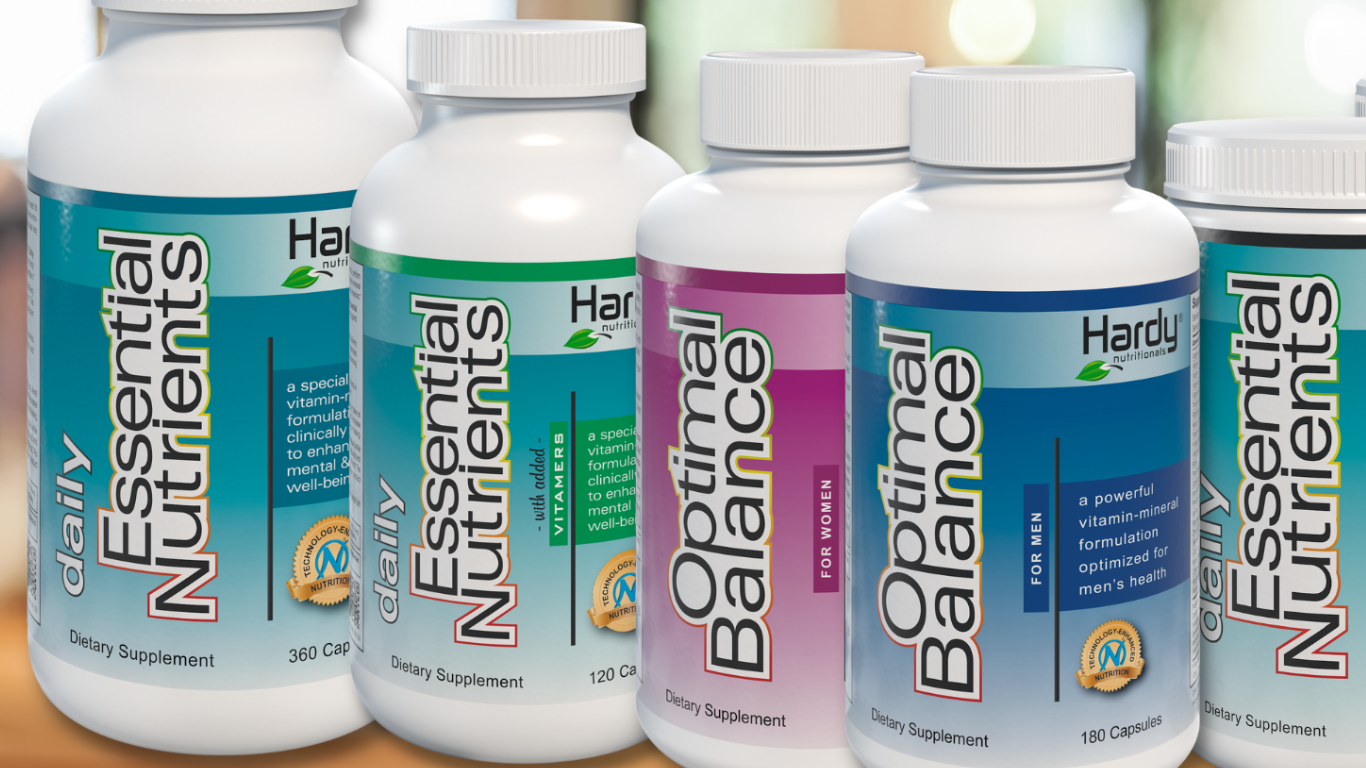



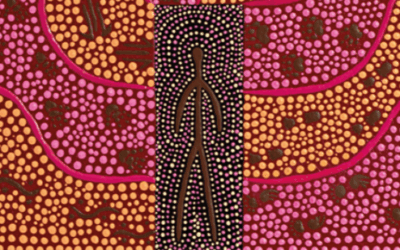




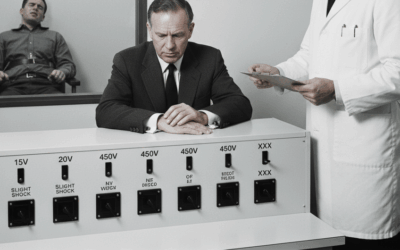
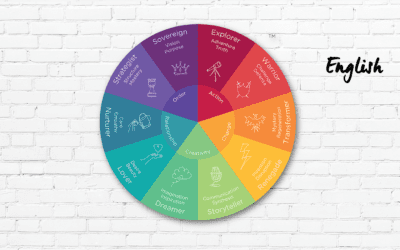






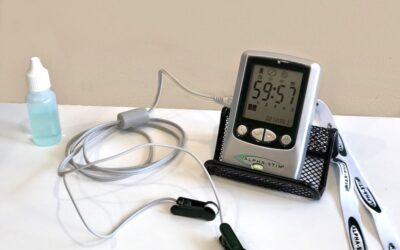

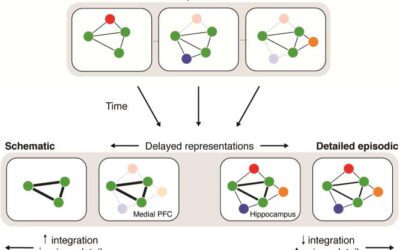






0 Comments